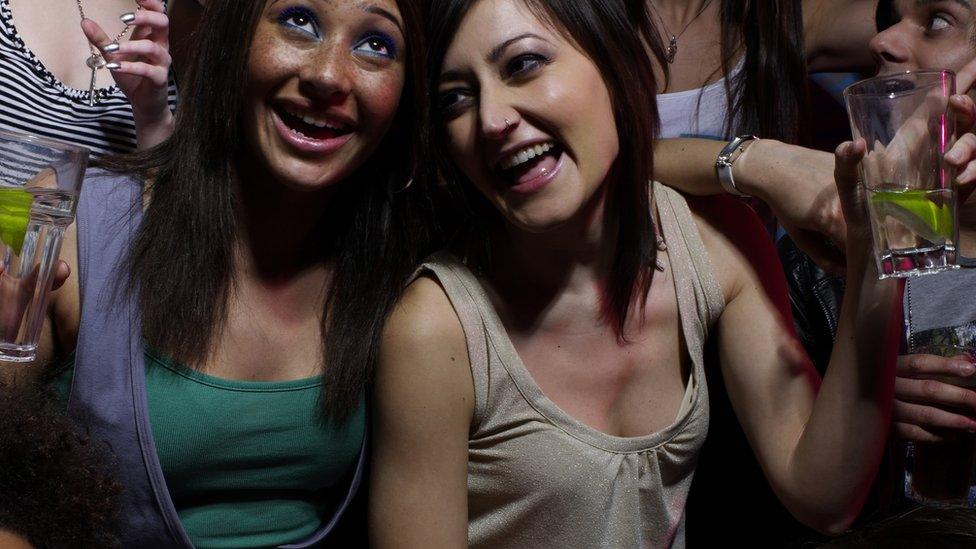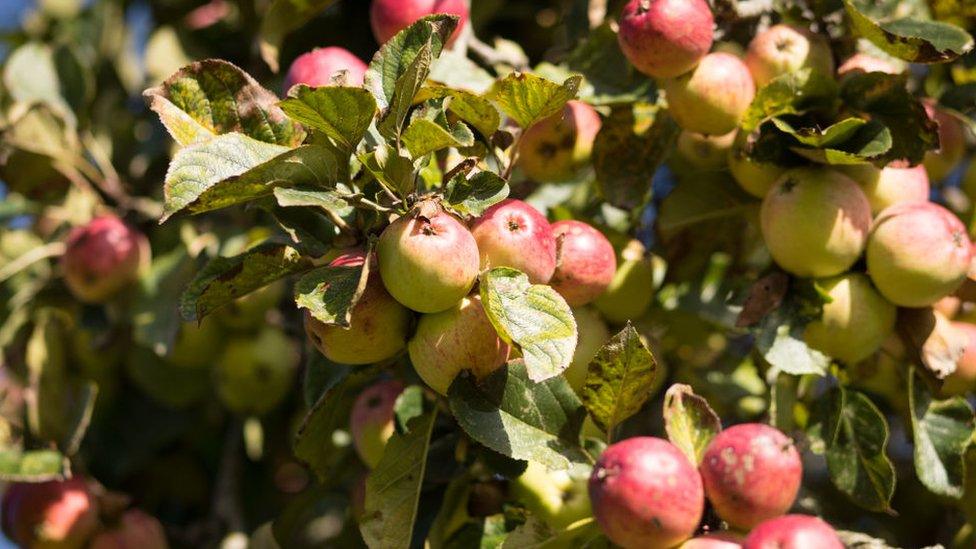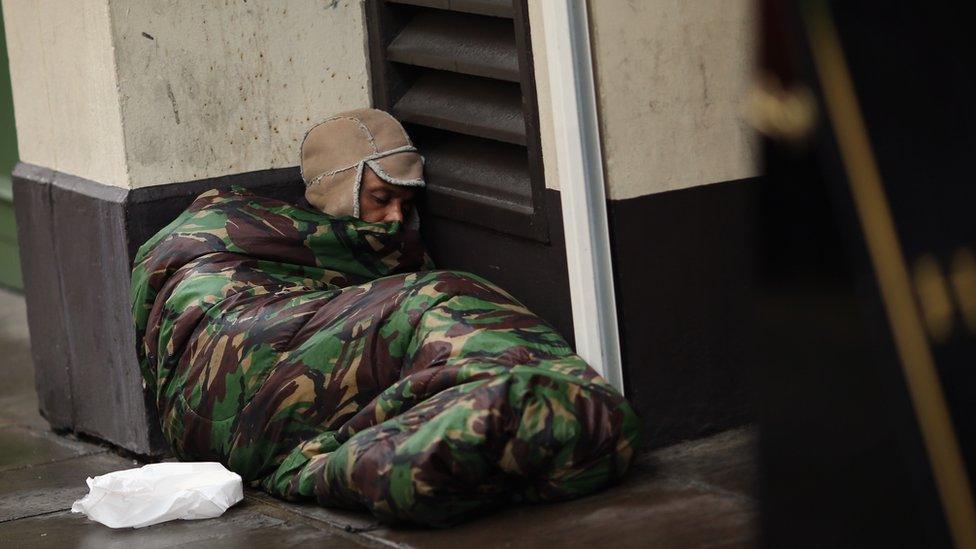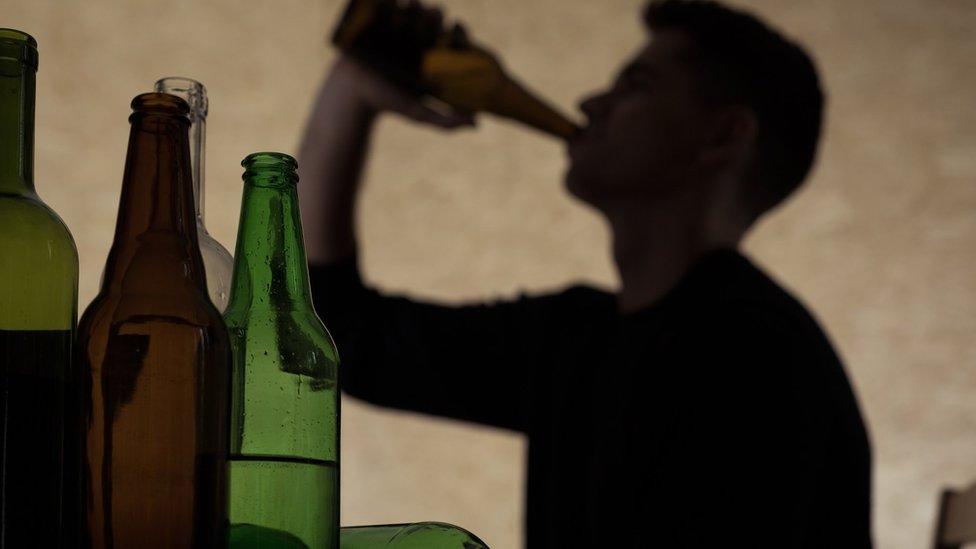Budget 2017: Why is white cider being taxed more?
- Published

For most drinkers the Budget was good news - your glass of wine, whisky or pint of beer and even most ciders won't cost you a penny more.
But for fans of so called "white ciders" there was no such luck.
The chancellor has pledged to up taxes from 2019 on "cheap, high strength, low quality" alcohol and said this was especially targeted at white ciders.
The move was welcomed by campaigners, but manufacturers said it would hurt the poorest people the most.
What is white cider?
The drink tends to be paler in colour but stronger in alcohol content than other cider varieties.
Its name dates back to when the drink was first "marketed as a premium innovation in the cider market", says Simon Russell, spokesman for Aston Manor Cider, which makes white cider brand Frosty Jack's.
He points out that many premium and artisan ciders, particularly those from the UK's eastern counties, use dessert apples creating a similarly pale cider.
As a result, he says this description is "arbitrary" and makes little sense.

Why is the chancellor targeting it?
Philip Hammond said his aim was to tackle "excessive consumption by the most vulnerable people".
Alcohol campaign groups have argued that because the drink is so cheap - typically between 16p and 25p a unit - it's being bought by under-age drinkers and alcoholics.
Health bodies and alcohol charities recommend a 50p minimum unit price.
Its high alcohol content has made it a target.
White cider typically has an alcohol by volume content of 7.5% meaning a three litre bottle contains 22.5 units of alcohol. This is over 1.5 times the limit the UK Chief Medical Officers recommend a week for those wishing to minimise their health risks.
Mr Russell argues that because alcohol content is based largely on the quantity of sugars used then most ciders naturally have an alcohol content of 6% and above.

Why doesn't the government tax all ciders?
Cider generally is taxed at a lower rate than other alcoholic drinks to protect the traditional cider industry, which uses almost half of the apples grown in the UK.
Any change in the main rates of cider duties would hit all cider makers including those making lower strength drinks.
The government has said , externalthis would be unfair "given the important role cider makers have in rural communities and the impact it would have on the many responsible drinkers of cider".

Around 4,500 people are rough sleeping in the UK, according to the new survey
Who drinks it?
The charity Alcohol Concern has dubbed the drink "heroin" for alcoholics, and public health groups report that white cider's high strength and cheap cost means it appeals to homeless people and the young.
The Alcohol Health Alliance, a grouping of more than 40 organisations including medical colleges and health charities, suggest that 25% of alcohol treatment services patients in Glasgow and Edinburgh drink white cider.
However, Aston Manor Cider says the rise will hit people who cannot afford more expensive drinks, which it warns could be counter productive because they may switch to "higher strength wines and spirits".
It also points out the market is already in long-term decline, with industry figures suggesting it represents just 0.27% of alcohol drunk in the UK.

Who makes it?
Not many firms any more due to the negative publicity.
Extra strong cider White Lightning was discontinued in 2009 by Heineken after complaints from alcohol charities.
But Brookfield Drinks makes Diamond White and White Star, while Aston Manor Cider produces Frosty Jack's.
What happens next?
Watch this space. The chancellor has said he will legislate to increase duties on white cider, and other high strength, low quality drinks by 2019.
We don't know yet by how much and how he will decide which drinks will be targeted.